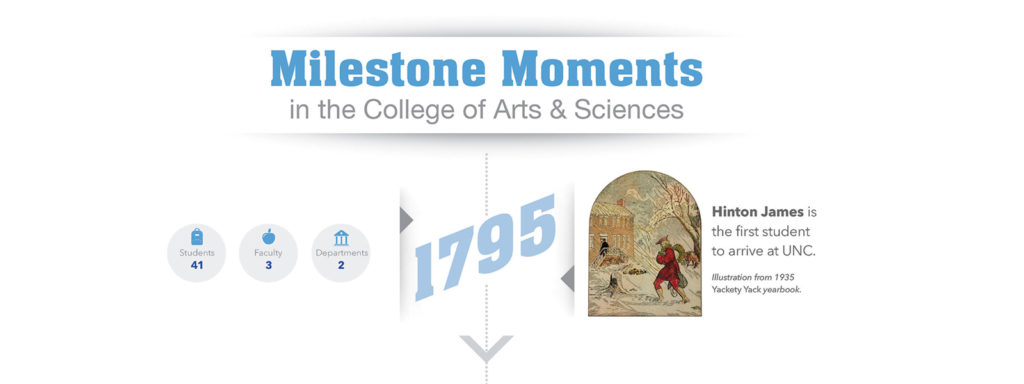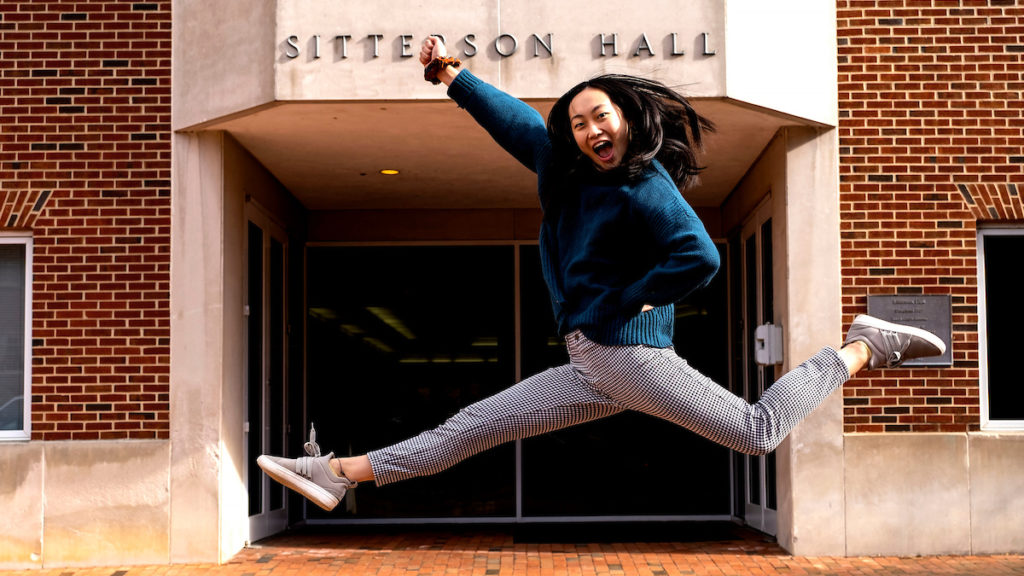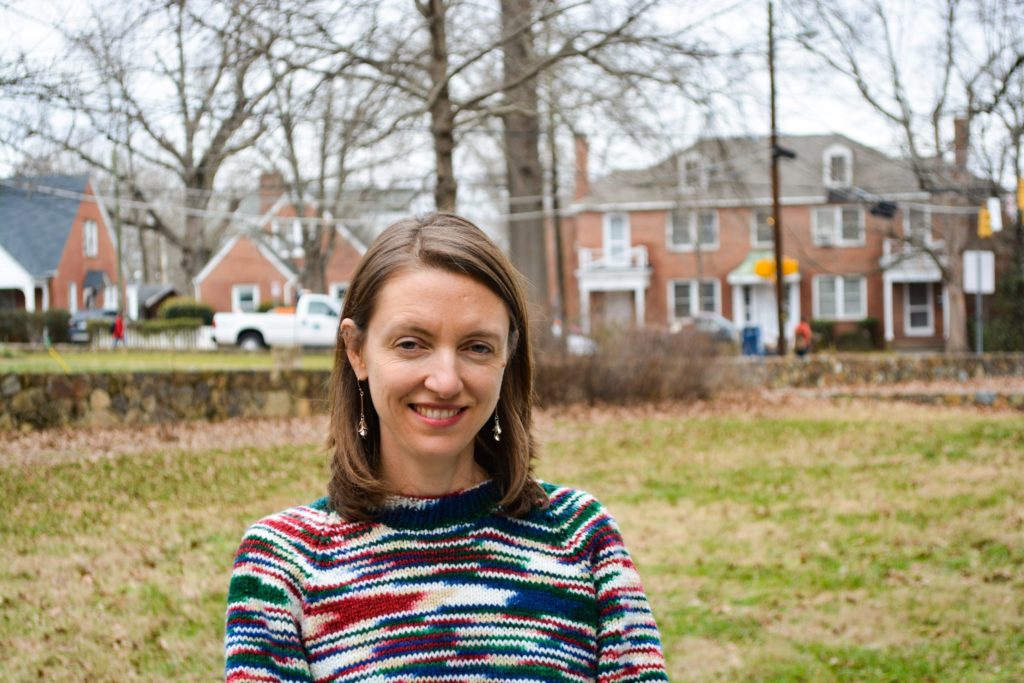When Bill and Elizabeth Taylor’s paternal grandfather, William Woodruff Taylor Sr., grew weary of dentistry and decided to become a lawyer, he set an example of never stopping one’s education. He practiced both disciplines in Warrenton, N.C., for years.
On the other side of the family tree, these siblings’ maternal grandmother, Kate Barden Winstead, moved her eight children from Roxboro to Chapel Hill in the 1930s. She did that so her four daughters could attend Carolina, as well as her four sons.
No doubt, these trailblazers knew that their actions would affect their own family, but they couldn’t know that their grandchildren would then pass on the Taylor-Winstead value of education to students from far and wide, almost a century later, when Bill ’66 and Elizabeth ’76 created the William W. (Jr.) and Ida W. Taylor Fellows in the Honors Program at the University of North Carolina at Chapel Hill.
Named for their parents, the program provides summer stipends for undergraduate research within the Honors Program at UNC.
Singling out the accomplishments of Bill and Elizabeth’s grandparents is a random exercise, since both the Taylors and the Winsteads have long, spreading family trees all intertwined with Carolina.
“For generations and generations our family has defined itself by being committed to education,” said Elizabeth, an attorney with Zuckerman Spaeder LLP in Washington, D.C.
“My mother and father were people for whom education was very important, and for whom UNC was very important,” added Bill (William W. Taylor III), who also practices law at Zuckerman Spaeder. “Although my mother spent more time at Carolina, my father’s mantra was ‘I want everybody else in my family to have the opportunity that I didn’t have – the opportunity to go to college.’”
William Jr. attended Davidson College, Carolina and Wake Forest Law School. He never earned a degree, because the Great Depression forced him to work. Still, he passed the North Carolina bar exam at age 21.
“My dad’s family read a lot – all the classics — and they talked a lot,” Bill said. “My dad’s education was mostly sitting on the front porch. And when his grandchildren were born, he created a trust for each of them, so each could go to college and not have any debt.”
Ida Winstead Taylor ’37 was one of the daughters brought to Chapel Hill. She graduated from UNC in an era when it was less common for women to attend college.
“My mother was one of eight women in her freshman class,” said Elizabeth. (In that era, women could only enter UNC as day students during their freshman and sophomore years, but could enroll fully as juniors.) “Particularly in the South, not every woman was able to get that kind of education. In turn, it was important to her that I – not just my brother – had it too.”
Bill and Elizabeth grew up in a household that treasured learning and knowledge. Dinner table conversations were about politics, current events and savoring quotations made by history’s great thinkers. The expectation for these two – from aunts and uncles, as well as their parents — was that they would do well in school. “We never were rewarded for good grades; it was expected,” Elizabeth said. Her parents taught by example that learning – especially learning together – could be fun. “They passed on to us a richness to life. We celebrate that relationship, and try to instill in our children the same joy.”
They also want to celebrate their relationship with Carolina. Although they are 10 years apart, they both enjoyed their time here. They hope the Taylor Fellowships will help students who want to enhance the Carolina experience through undergraduate research. “For some students, it gives them an opportunity to do something connected with their education, to have an experience,” Bill said. “It seemed like a really good way to recognize what the University has meant to us and our family, and to help kids who might be facing burdens.
“We want them to know that we’re all standing on the shoulders of those who came before us.”
By Claire Cusick, written for summer 2010 issue of Carolina Connections.




